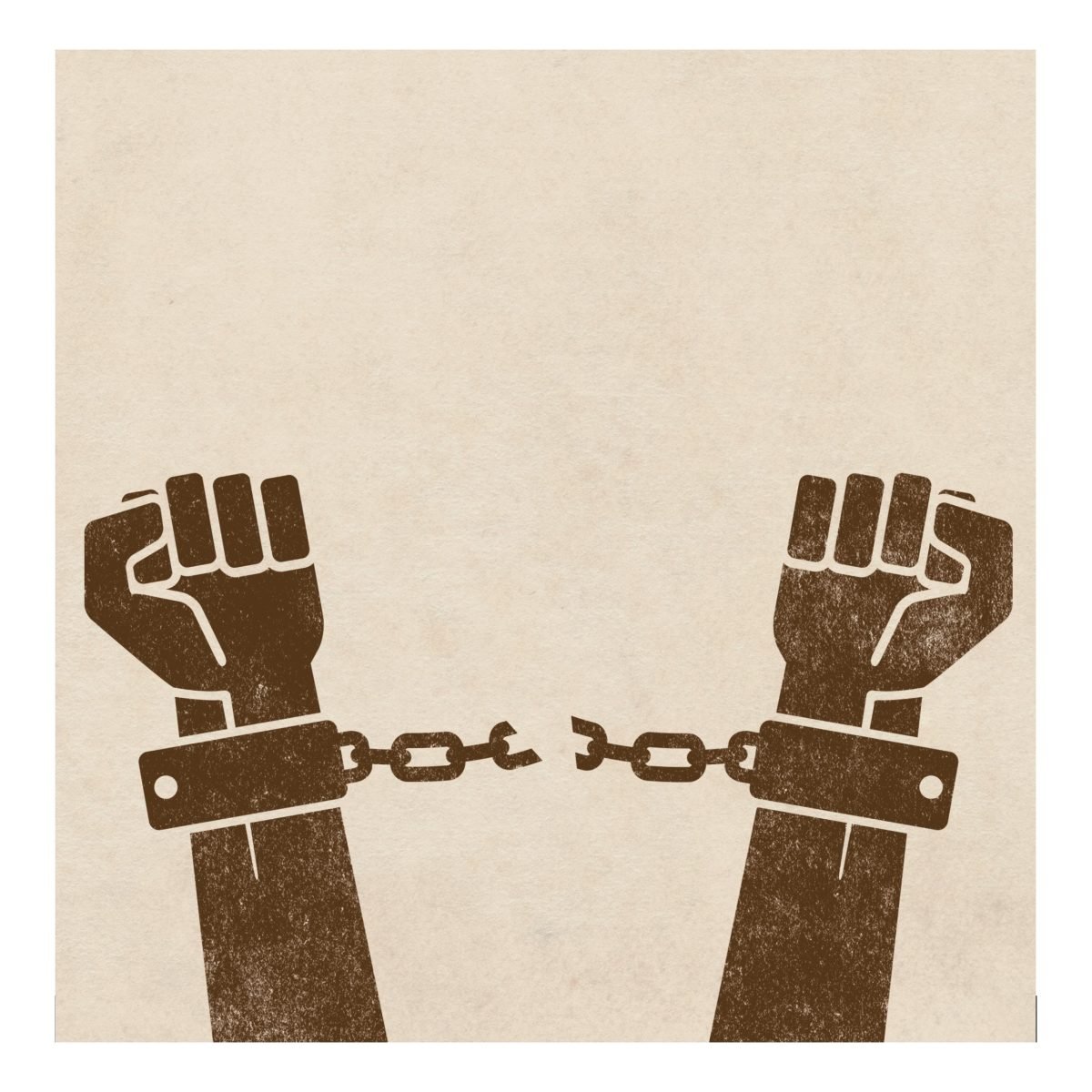Juneteenth, explained.
The holiday’s 156-year history holds a lot of meaning in the fight for Black liberation today.
By Fabiola Cineas Updated Jun 17, 2021, 7:31pm EDT
A year after protests for racial justice swept the nation, propelling conversations on how to improve conditions for Black lives, the country is getting ready to celebrate the 156th anniversary of one of its earliest liberation moments: Juneteenth.
A portmanteau of “June” and “nineteenth,” Juneteenth marks the day in 1865 when a group of enslaved people in Galveston, Texas, finally learned that they were free from the institution of slavery. But, woefully, this was almost two-and-a-half years after President Abraham Lincoln signed the Emancipation Proclamation. As much as Juneteenth represents freedom, it also represents how emancipation was tragically delayed for enslaved people in the deepest reaches of the Confederacy.
The first Juneteenth in 1866 was celebrated withhttps://www.vox.com/2020/6/18/21294825/history-of-juneteenth…”
Read the rest on Vox.com

